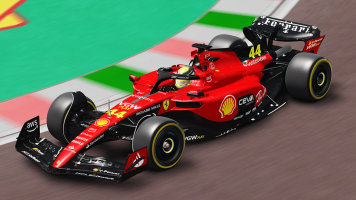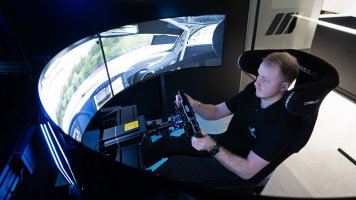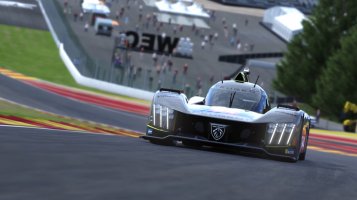I'm still in the process of building my sim, and expect teething troubles.
It seems a very delicate balancing act as you start to add in different components and software. I like a clean system, so once everything is working with a good level of stability, I plan to do a reinstall with just the software that's functioning properly.
For work, I would normally get to that point and disable all auto software updates - often disconnecting from the internet completely. Then I'd make an image of the system (using Acronis) and restore it if anything went pear shaped as its more efficient than troubleshooting.
SIM building is proving very difficult to get to that special place! It seems system is stable in isolation, but does not play nice together.
Is this the norm? Is everyone out there constantly spinning plates and making micro adjustments to deal with the fragility - or is it possible to create a rock solid system?
FYI I'm currently running VR (HP G2) FFB (SC2), Motion (PT / SRS), Wind (SRS) and will be shortly adding a shaker (SRS). I accept the more elements in the system, the greater the challenge, and I do enjoy the challenge. It sure is great when its working
It seems a very delicate balancing act as you start to add in different components and software. I like a clean system, so once everything is working with a good level of stability, I plan to do a reinstall with just the software that's functioning properly.
For work, I would normally get to that point and disable all auto software updates - often disconnecting from the internet completely. Then I'd make an image of the system (using Acronis) and restore it if anything went pear shaped as its more efficient than troubleshooting.
SIM building is proving very difficult to get to that special place! It seems system is stable in isolation, but does not play nice together.
Is this the norm? Is everyone out there constantly spinning plates and making micro adjustments to deal with the fragility - or is it possible to create a rock solid system?
FYI I'm currently running VR (HP G2) FFB (SC2), Motion (PT / SRS), Wind (SRS) and will be shortly adding a shaker (SRS). I accept the more elements in the system, the greater the challenge, and I do enjoy the challenge. It sure is great when its working











